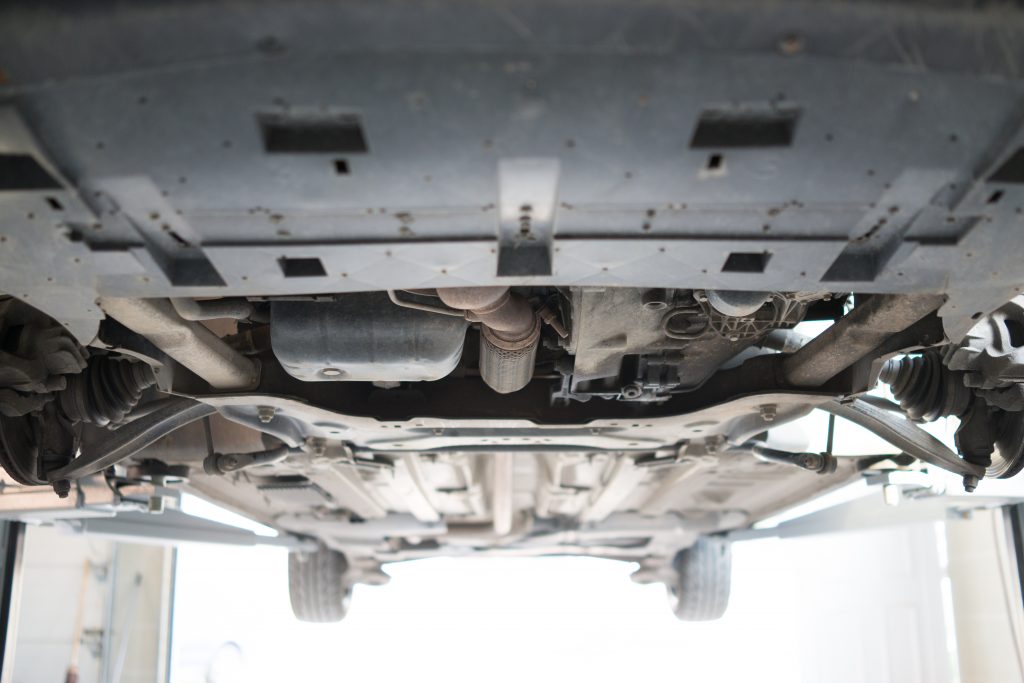Tips for Maintaining the Life of Your Vehicle
Posted May 12, 2022

Owning a car is a big responsibility. Not only do you have to make sure it has enough gas and oil, but you also need to regularly maintain it to keep it running properly. Fortunately, there are some easy things you can do to prolong the life of your vehicle. By following these tips, you can avoid costly repairs and keep your car on the road for years to come.
1. Check the Oil Level Regularly
It’s important to check your car’s oil level at least once a month. If the oil is too low, it can cause engine damage. To check the oil level, simply remove the dipstick from the oil tank and wipe it off with a clean cloth. Insert the dipstick back into the tank and pull it out again. The oil level should be between the “full” and “add” marks on the dipstick.
In addition to checking the oil level, you also need a regular oil change. Most car manufacturers recommend changing the oil every 3,000 miles or every three months, whichever comes first. However, you may need an oil change more often if you drive in stop-and-go traffic or under extreme weather conditions.
2. Keep the Tires Properly Inflated
It’s important to keep your car’s tires properly inflated for two reasons. First, it can improve your gas mileage. Second, it can prevent a blowout. To check the pressure in your tires, use a tire gauge. The proper pressure for your tires will be listed in your car’s owner’s manual.
In addition to checking the pressure, you also need to check the tread on your tires. If the tread is worn down, it can cause your car to skid on wet roads. To check the tread, insert a penny into the groove of the tire. If you can see Lincoln’s head, then the tread is too shallow, and you need new tires.
3. Get Regular Tune-Ups
Most car manufacturers recommend getting a tune-up every 12,000 miles or every 12 months, whichever comes first. A tune-up typically includes an oil change, a new air filter, and new spark plugs. Getting a tune-up can improve your gas mileage and prevent engine problems.
4. Monitor Your Car’s Fluids
In addition to oil, your car has other fluids that need to be checked regularly, including power steering fluid, brake fluid, and coolant. These fluids can leak over time, so it’s important to check them often and top them off as needed.
5. Use OEM Parts
Approximately four out of five automobile repairs are concerned with the vehicle’s longevity. That’s why it is important to use OEM, or original equipment manufacturer, parts when making repairs. OEM parts are made to the same specifications as the parts that were originally installed in your car. Aftermarket parts may not fit as well or last as long.
By following these tips, you can prolong the life of your vehicle and avoid costly repairs. However, if you experience car problems, it’s important to take your car to a qualified mechanic. Do not attempt to make repairs on your own, as this could void your warranty or cause further damage. Need an oil change or repairs? Call us to schedule an appointment.
